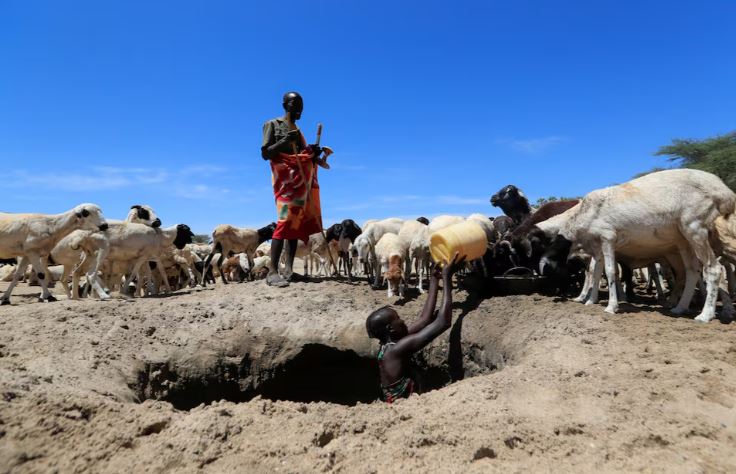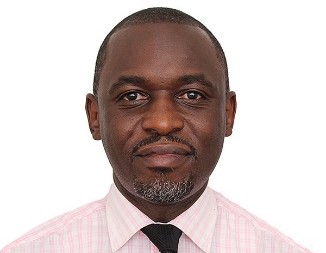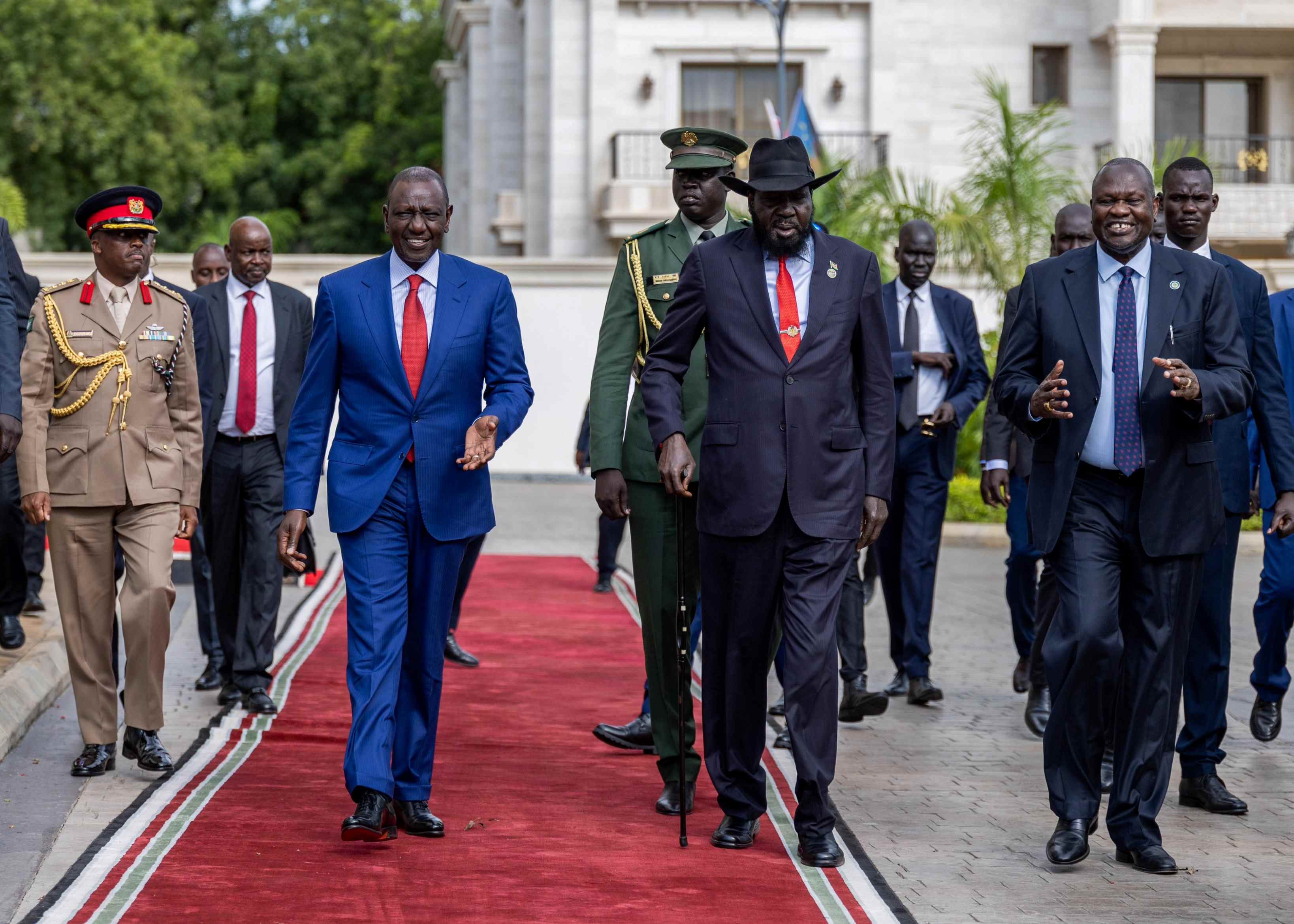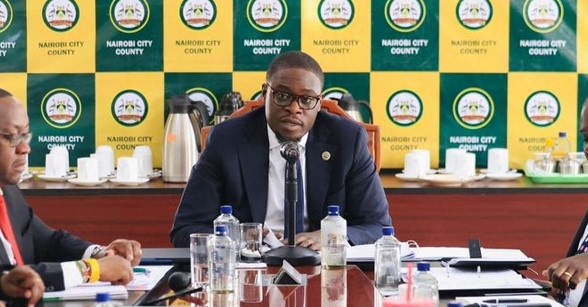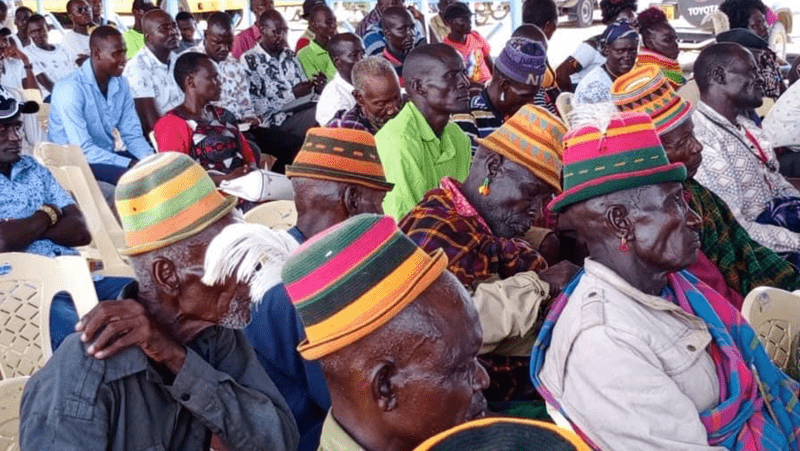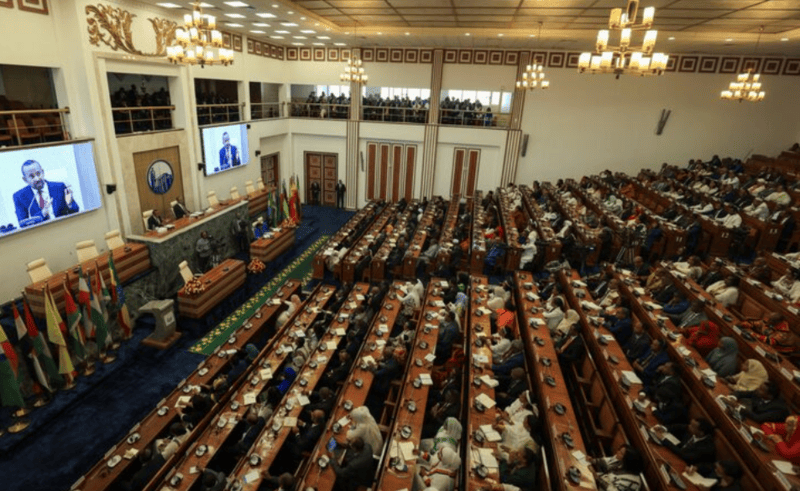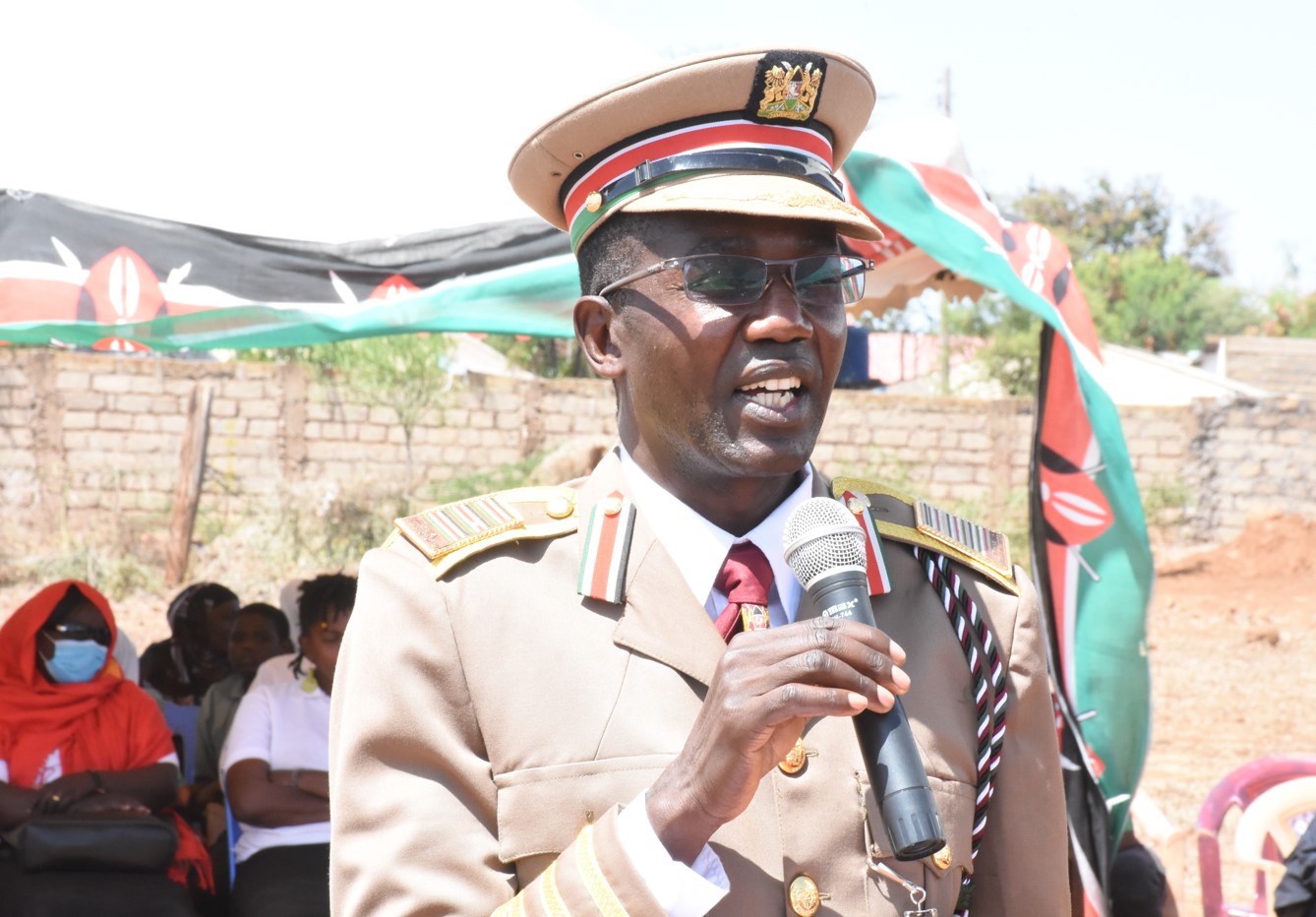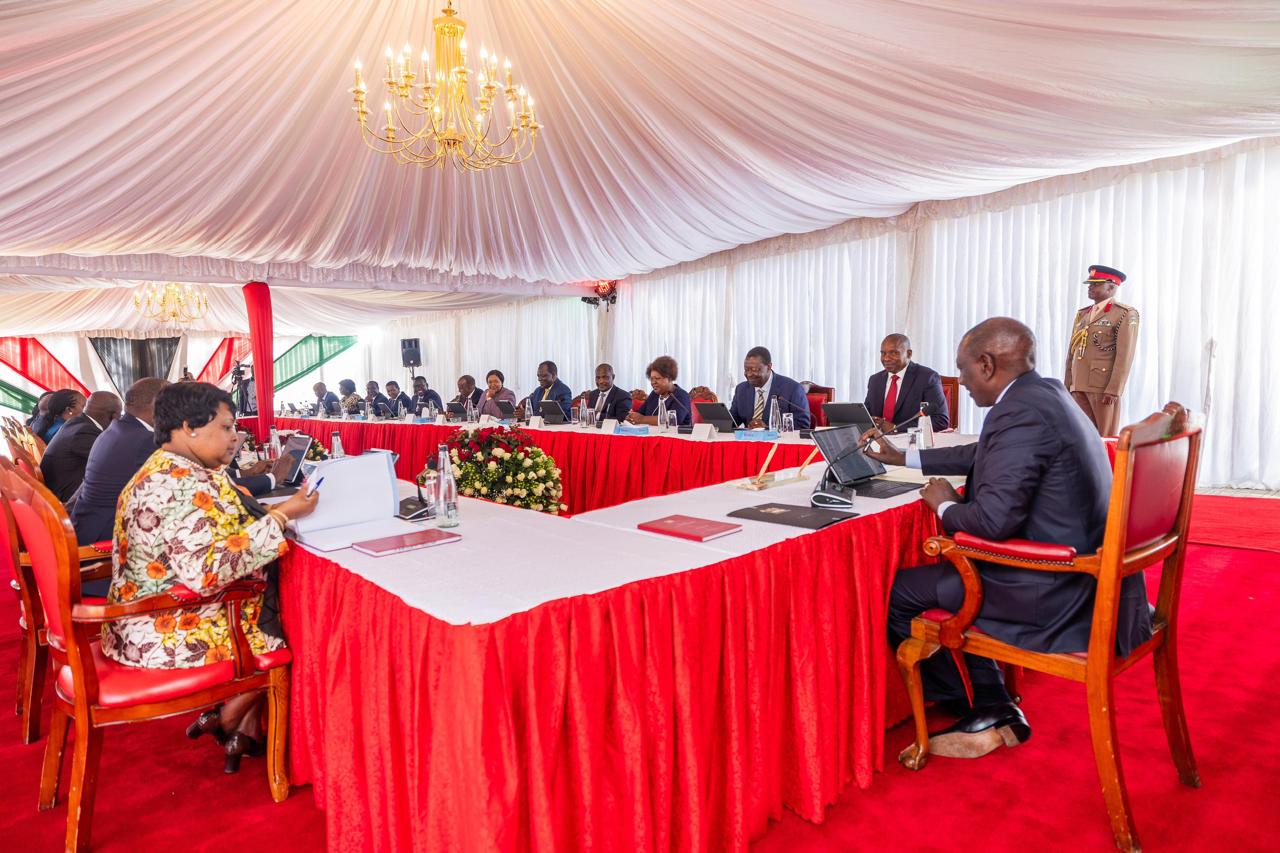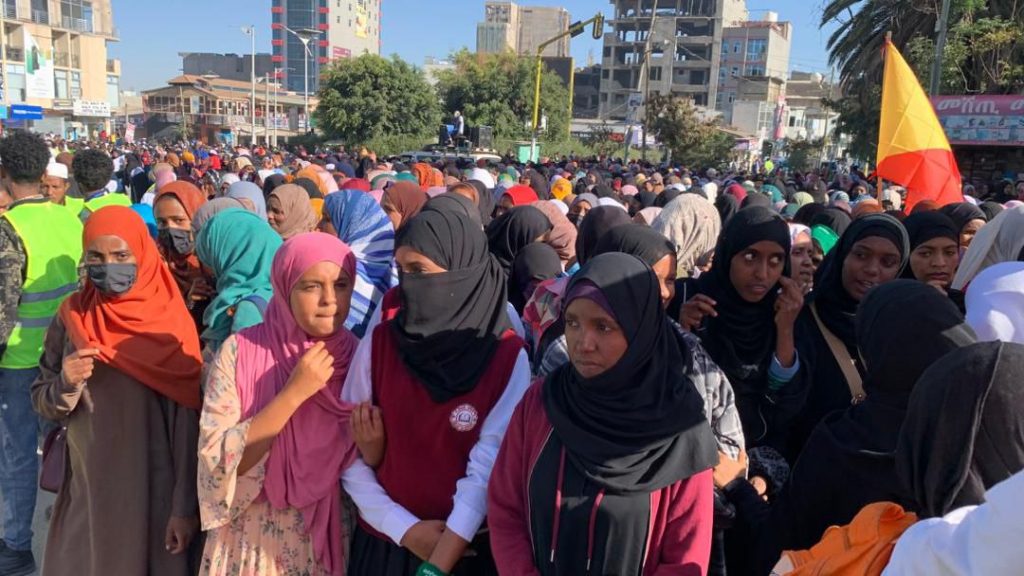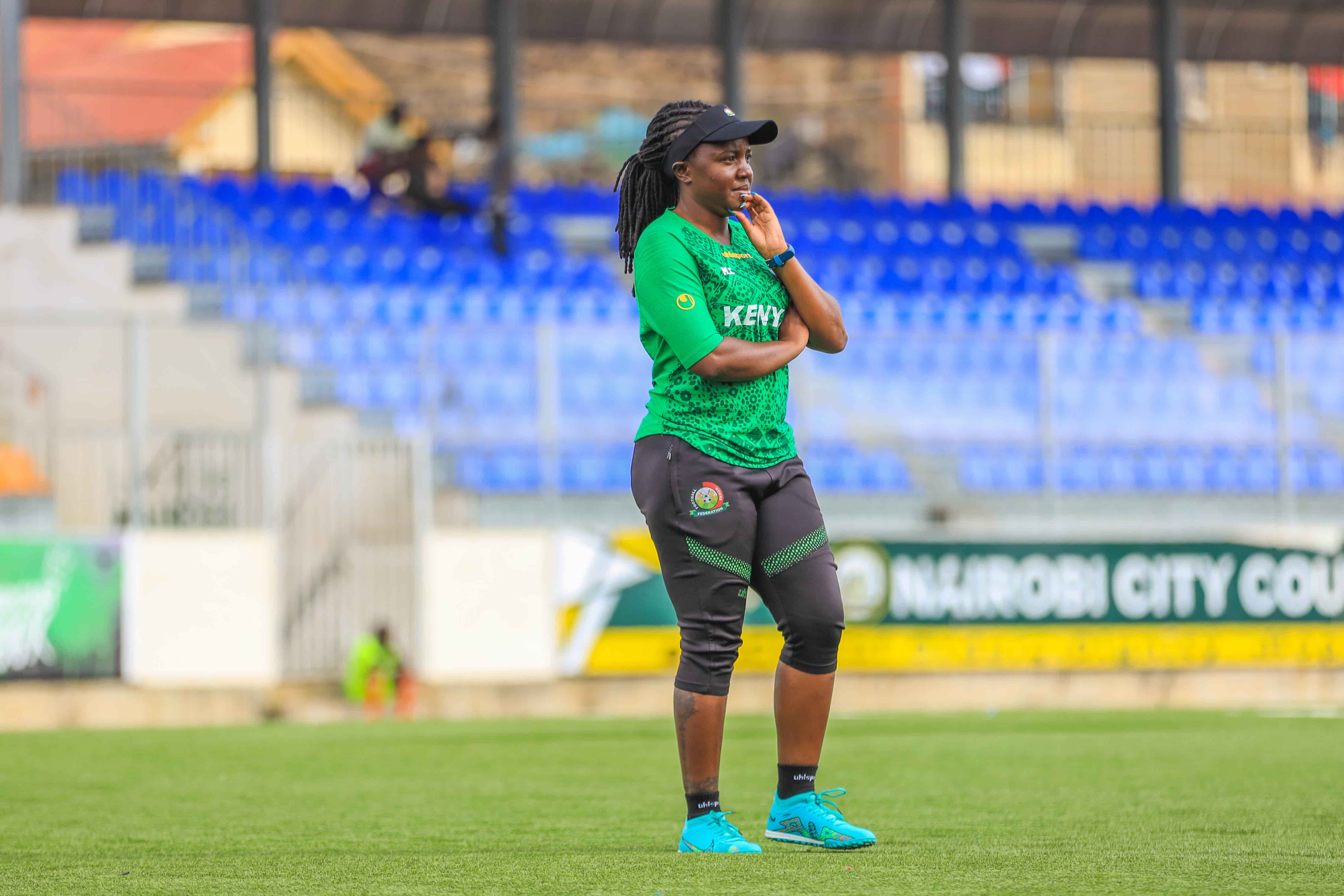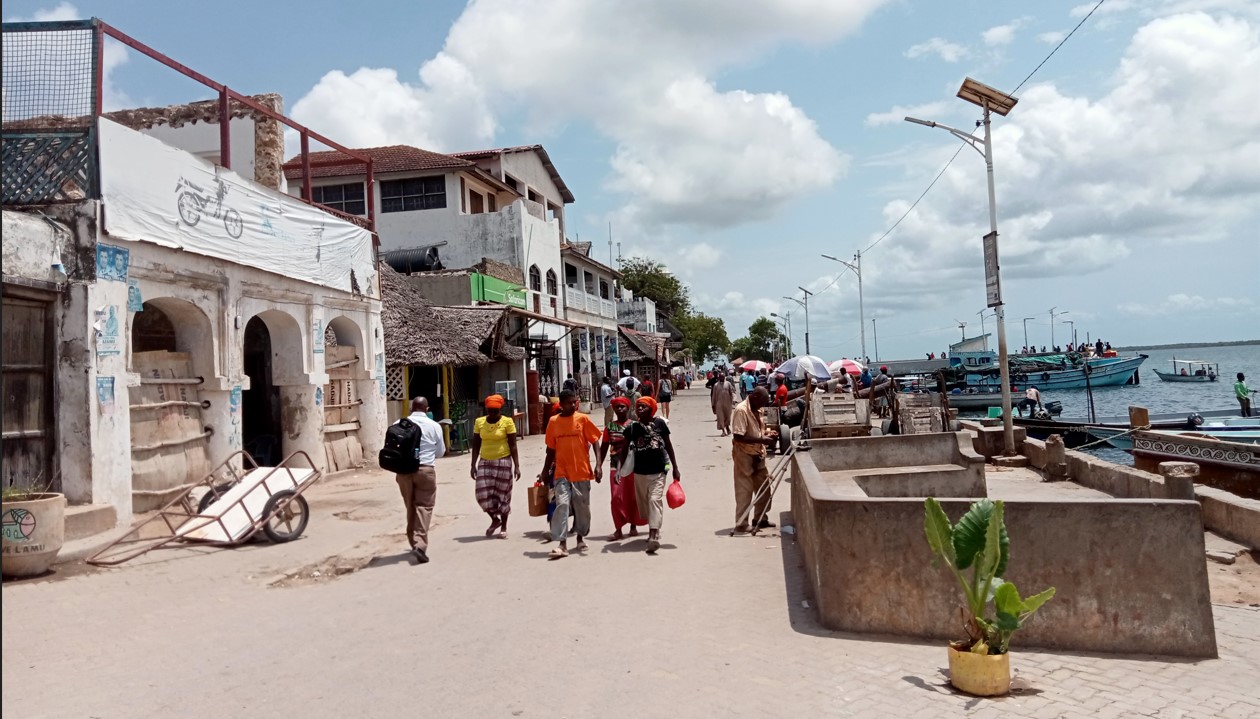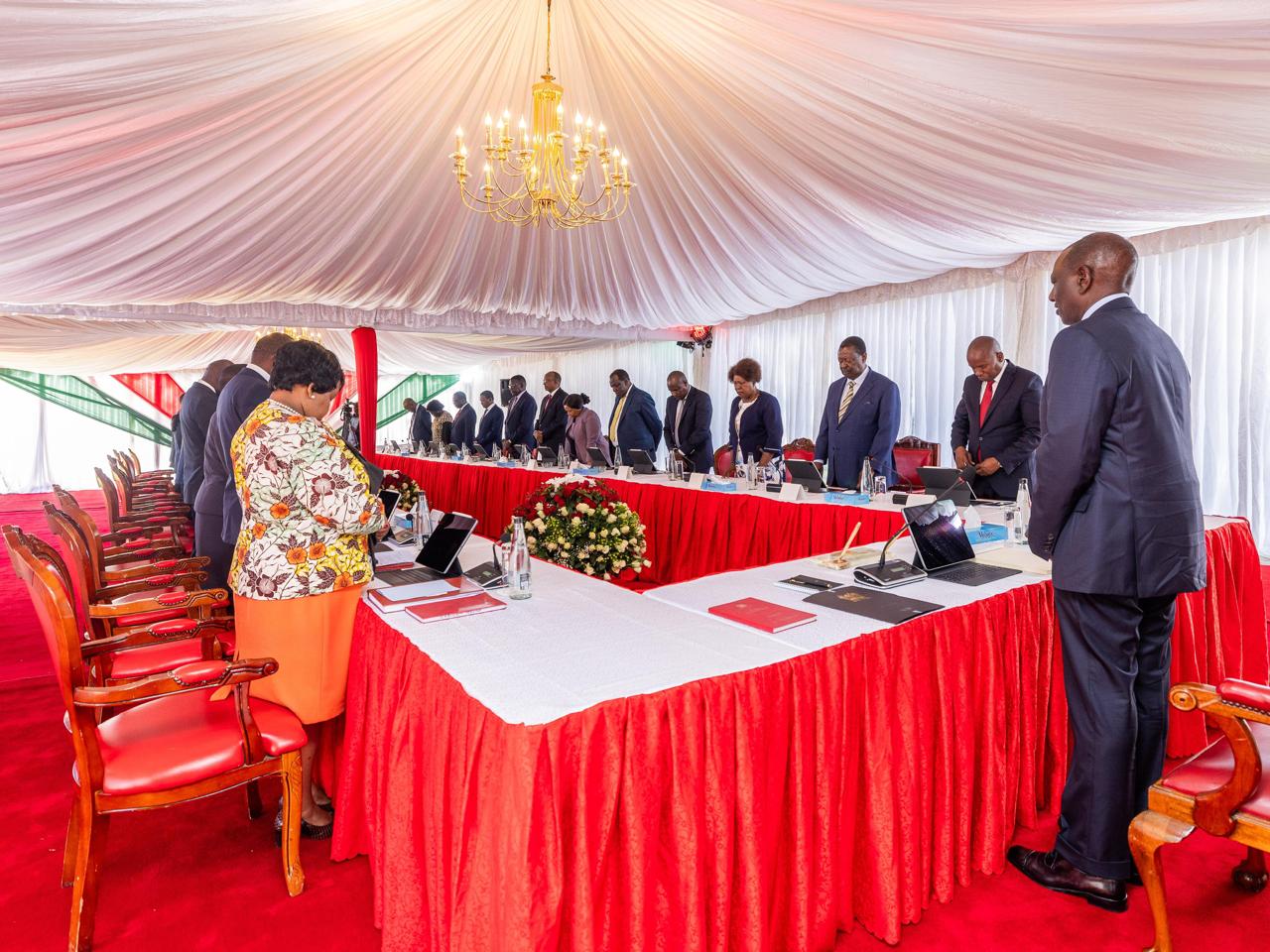MPs want future ambassadors to speak the language of their host country

They stated that effective communication is essential for envoys to effectively champion Kenya’s political and economic interests.
Lawmakers now want future envoys to have the ability to speak the language of the country they have been nominated to serve in, as part of a push to strengthen Kenya’s foreign policy and diplomatic representation.
The call was made as Members of Parliament approved the latest batch of ambassadorial and high commissioner appointments nominated by President William Ruto.
More To Read
During the approval process, MPs argued that the appointment of envoys should include a requirement for them to possess basic language skills for the countries they are posted to.
They stated that effective communication is essential for envoys to effectively champion Kenya’s political and economic interests.
Nelson Koech, Chairman of the Defence and Foreign Relations Committee, highlighted challenges in finding suitable envoys, noting that career diplomats within the Ministry of Foreign Affairs, who are often more qualified and eager to serve, remain underutilised.
“My committee is getting frustrated, especially when it comes to countries that we have had relatively good relations with, like Ghana,” Koech said.
Eldas MP Adan Keynan pointed out the inefficiency of sending individuals without language proficiency, stating that ambassadors often spend the first years of their appointments learning the language, which he described as a waste of time.
He emphasised that linguistic preparedness is a fundamental requirement for those appointed to represent Kenya abroad, noting that an envoy who cannot speak the language of their host country will face significant challenges.
“Other than the education qualifications, there are basic things that we fail to appreciate. Linguistic preparedness is very important because when you are assigned, you are an intelligence officer, you are an economic and political representative and therefore knowing the language of the country you are expected to serve is important,” the MP said.
“If you are posted to a Portuguese-speaking country, you must have the basics (of the language). If you are also going to be posted to China, you must have the basics; otherwise, you will waste about two years trying to catch up, and by then your tour of duty will have come to an end and you’ll have achieved nothing.”
Kilgoris MP Julius Sunkuli also backed the proposal, highlighting the importance of communication in diplomatic work.
“I find communication as one thing that is being omitted or ignored anytime ambassadors are being appointed and vetted. That you are going to a Portuguese-speaking country and can’t speak Portuguese, or are nominated to serve in a French-speaking country and can’t speak French - it does not happen in other countries,” Sunkuli said. “In the future, as we draft the foreign policy, let us take that into consideration so that we can appoint people who are fit for purpose.”
The MPs also called for a focus on appointing career diplomats who are well-versed in the intricacies of international relations, stressing that such individuals are better suited to represent Kenya effectively.
Minority Leader Junet Mohamed added that the Executive should thoroughly vet individuals before nominating them for ambassadorial roles, as there are many qualified Kenyans eager to take on such responsibilities.
“There are many Kenyans that are qualified and are looking for jobs. We should not be begging people for jobs when many Kenyans are looking for such opportunities,” Junet said.
Gilgil MP Martha Wangari also supported the call for better consultation between the appointing authorities, urging that any nominee unwilling to take up an appointment be rejected early before a gazette notice is issued.
“The Head of Public Service should ensure proper consultation so that if someone is not ready to take up an appointment, it is rejected at the right time before a gazette notice is published,” Wangari said.
Top Stories Today
